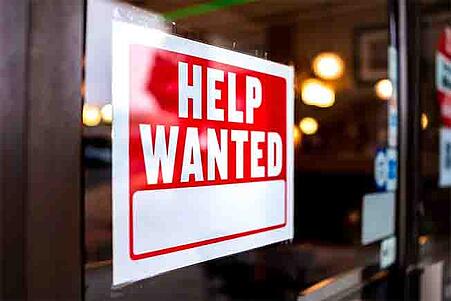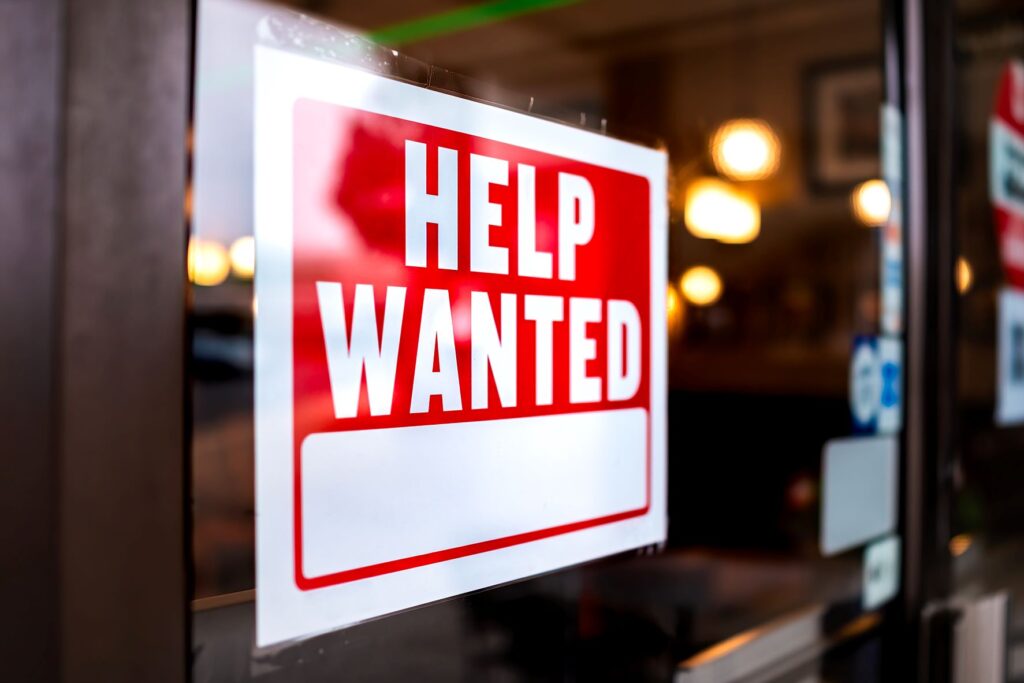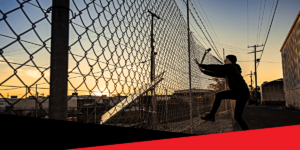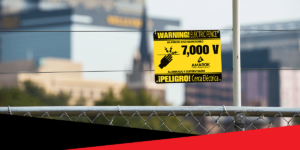The Nation is Experiencing a Security-Guard Shortage
Private-security companies across the country are unable to fill their open roles with qualified officers. This reality has puzzled the security guard industry, which, at the end of 2020, had forecasted a surge in employment numbers for security guards.
It kind of made sense at the time. Businesses were reopening. People started to congregate again. Private security firms viewed these recovering actions as an encouraging sign for their bottom lines.
However, a recent survey of 400 security guard firms in the United States reveals a bleaker picture. When asked about the number of licensed security personnel they employed before the pandemic compared to the present day, 34% of the security-firm respondents stated that their staff numbers were still well-below pre-pandemic levels.
In a perfect example of how supply-and-demand works, the security guard industry has experienced a large uptick in new clients and contract requests but have been constrained by the number of security officers they could post at any given time. One respondent remarked, “There is a significantly lower new guard pool. We could easily double our billable hours, but we simply cannot find licensed guards wanting to work.”
A spokesperson for a Nevada-based security-guard company summed up the problem with simple math. “In 2019, we would get up to 100 applicants every week. Now, we’re lucky to get 20 applications in a month.”
Further evidence of this shortage in the security guard industry has been documented in recent news stories:
- A Virginia-based security firm began over-hiring to offset potential absences, reaching out to temporary staff agencies for unarmed security officers and providing Lyft rides for the temp guards who needed transportation.
- A national security services company offered $900 hiring bonuses in Santa Fe, New Mexico, to people with state-issued security-guard licenses to fill more than 100 jobs across the state (for context, the average wage for security guards in the city is about $16 an hour).
- A shortage of contracted private security guards at the University of Pennsylvania prompted several dormitory resident advisors — who were Penn undergraduate students — to police the gates to the school’s entrance, themselves.
What Does the Security-Guard Labor Shortage Mean to Your Commercial Property?
We empathize with the security guard industry that is struggling with this nationwide hiring challenge. But we’re even more concerned with the negative impact it could have on the commercial, business, and industrial property owners who choose to rely on security personnel to protect their property. Here are three very likely outcomes that could occur:
#1: The Cost of Security Guard Services Will Increase
To offset the shortage in the security guard industry, security companies who employ guards have two choices. They’ll either increase the hourly wages they pay for qualified guards, or they’ll invest in security technologies to compensate for the lack of manpower. The big loser in either of those choices is you, their client.
You’ll pay a lot more for security than you used to because they will definitely pass those costly increases onto you. And if you doubt that, here’s the link to the security survey we mentioned earlier in this blog. One of the questions posed to the 400 security firms was to estimate whether their billable hours would increase or decrease in the future. Only 12% predicted a reduction in their annual billable hours. Oddly enough, the other 88% are way more optimistic.
Guess who’ll be paying for all those optimistic increases in billable hours?

#2: The Quality of Security Guard Services Will Likely Plummet
Physical security companies — the ones who sell security guards as a service — are panicking with good reason. With commercial and retail businesses re-opening, there’s a sudden demand for more security guards and precious little supply. To meet that demand, security firms will have no choice but to lower their hiring standards for the guards they employ. This scenario is strangely similar to the plot of the 1980s movie Police Academy. We’re not kidding.
Those security guards (that you’ll be paying top-dollar for) will not be as trained or as disciplined or even as lawful as their pre-pandemic predecessors. And if you hadn’t noticed, it’s already happening. Case in point:
Private security guards at Norfolk’s courthouse were accused of stealing, sleeping, and other bad things.
The city paid $2.5 million each year for that level of security ‘quality’.
Inside-job theft ring included the security guard hired to stop theft rings.
Losses to the dairy company supplying the stolen product ran into hundreds of thousands of dollars per year.
#3: There’s a 54% Chance You’ll be Dissatisfied With the Security Guard Service Provided to Your Commercial Property
- 54% of security users (commercial property owners) are not satisfied with their current provider of security services.
- More than 40% of the respondents say that they were likely to change security providers.
Of course, these are merely predictions we are making and cannot foresee what the future holds in the labor shortages. But we are experts in perimeter security for commercial property. And we are seeing the writing on the wall. It says, ‘Help Wanted.’

Now that we’ve shared some eyebrow-raising realities of the current state of the security-guard industry, here’s a summary of the main points we hope you’ll take away:
-
- Security guard companies are experiencing a labor-shortage nightmare.
- One way or another, their clients will pay for it.
- Our fences never need a break, never run out of energy, and always show up to work on time. See for yourself.
Finally, if you learned something of value today, please share this blog with someone you know. And thanks for reading!




